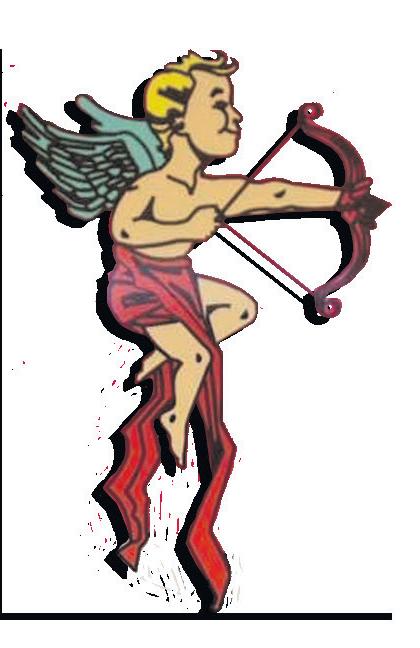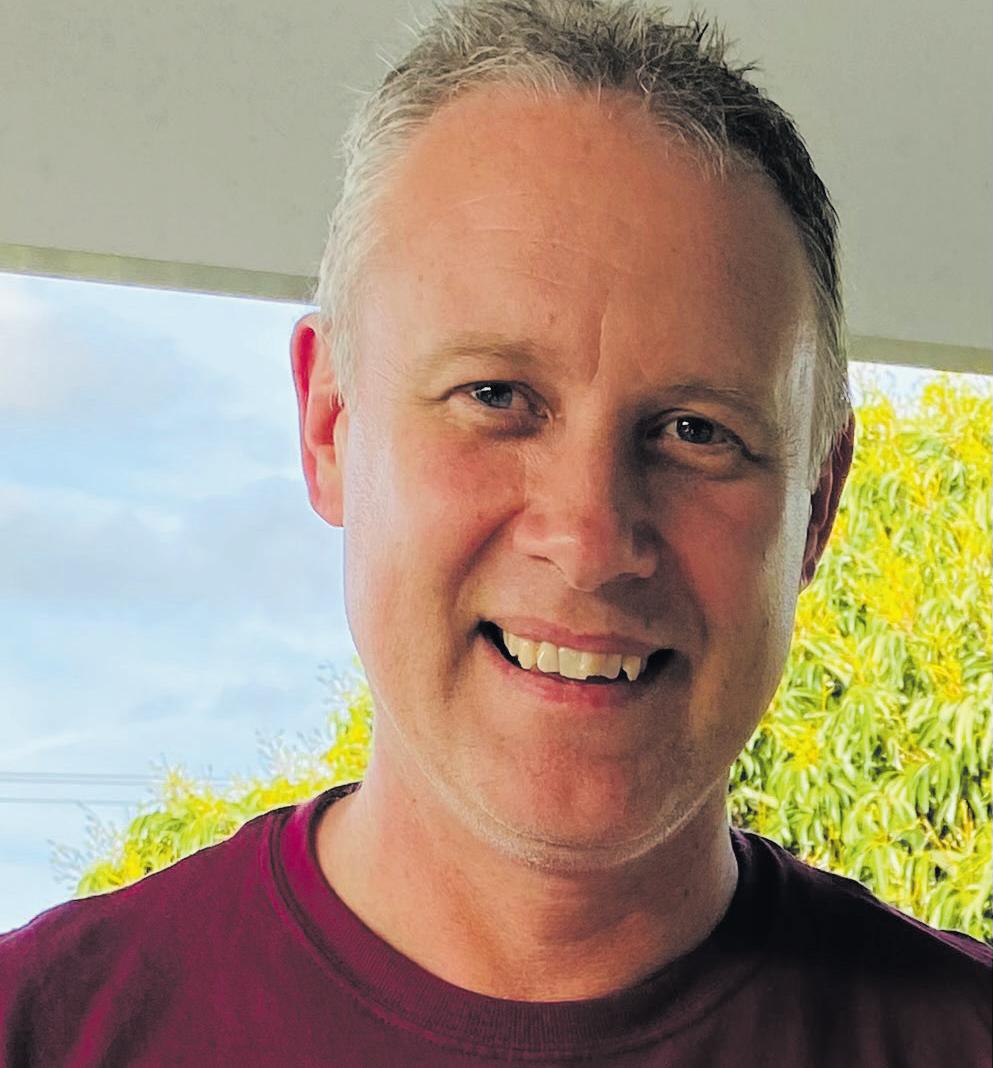
4 minute read
Female leadership key to community ‘saving itself’ in unprecedented trauma
OUT of all the loaded topics in life, one of the most loaded is the topic of mistakes. Where we go wrong, not necessarily because of our intents or endeavours, but because of factors out of our control; fluctuations in the market, the weather – whatever, we can be on the receiving end of the non-ideal, through no fault of our own.
In the same token, not all mistakes are negative or show stopping by any means, they can often lead to insights and breakthroughs that wouldn’t occur otherwise. As the celebrated architect and author Norton Juster once said, “You must never feel badly about making mistakes ... as long as you take the trouble to learn from them. For you often learn more by being wrong for the right reasons than you do by being right for the wrong reasons.”
Mistakes can be the golden archways that lead to realms of realised change that were anything but apparent. Some of history’s most innocent mishaps have led to things that have altered the way we live our lives. One classic example includes the humble microwave, which came about after a scientist was tinkering away in his lab, and the candy bar in his pocket melted as a result of what he was doing. He thus quickly created a patent for his ‘metal cooking box’ in 1945, and the rest is history.
Similarly, chewing gum, of all things, came about in the late 1800s when an inventor failed to turn a particular substance into rubber, instead it became the ideal dried goo for chomping on. Matches are another example of something that arose by mistake when a chemist in 1826 accidentally scrapped a stick coated in chemicals which then ignited – giving rise to ‘friction lights’, as they were originally known.
Where mistakes become somewhat more sinister though, is when hindsight provides the clarity we so often lack, albeit overlook in advance. One such point of concern for me is how accepting we are of characters that promise so much in times of desperation and need. The parallels between a particular little foul-moustached Austrian, and a certain orange-hued American, cringe me to the core, and remind me of Alice Walker’s timeless pearl, “When the axe came into the forest the trees said the handle is one of us.”
Relatedly, the word ‘mistake’ is thought to have originated from the Old Norse term – ‘mistaka’, which means ‘to take in error, or to miscarry’. Another theory suggests that it is literally a combination of the words ‘miss’ and ‘take’; thus, it is anything that proves incorrect in terms of the options we reach out for at any point in time.
It is the nature of existence that we will make mistakes, but we should all endeavour to learn from the actual mistakes we make. As Carl Jung once noted, “Mistakes are, after all, the foundations of truth, and if a person does not know what a thing is, it is at least an increase in knowledge if he or she knows what it is not.”
As the two-year anniversary of the devastating Northern Rivers’ fooding looms, new research (link live 23 Jan) has shown the female-led response to the trauma prevailed where authorities failed. With a goal of exploring the health and welfare impacts of trauma on populations, social work researchers from the University of Newcastle have revealed the communitybased response was spontaneous yet hugely sophisticated in its mobilisation. Unexpected fndings show responsive leadership was predominantly undertaken by women.
Comprising data from interviews with members of the Northern Rivers community nine to 12 months post-event, the new report collates the experiences of a community continuing to face the impact of the unprecedented disaster and presents recommendations for improved future preparedness.
Lead author and social worker, Associate Professor Wendy Foote, said the fndings were an important representation of a region still grieving.
“We know from the 2022 NSW Floods Inquiry that there was a gross failure of preparedness and negligence in the support offered to the Northern Rivers region,” Associate Professor Foote said.

“As we approach two years since the devastating events, it’s imperative we continue to advocate for better policies and procedures to prevent the same failures ever happening again.
“The huge gap left by the government’s inability to respond to the event was instinctively flled by female community members who mobilised as the region rallied to ‘save itself’.
“This included key coordination on social media through Resilience Lismore; harnessing Indigenous approaches to trauma and healing via services such as the
Healing Hub; and the provision of resources through locations such as the Koori Mail hub – all led by women.”
Proposing seven key recommendations for policy makers, along with three recommendations for those working in support roles, the report emphasises the safety needs of vulnerable populations.
An expert in responses to disasters and climate change, co-author Professor Margaret Alston OAM said that historical understanding of trauma events was often gendered.

“Historically, women bear the burden of labour and the health impacts of disasters,” Professor Alston said.
“That’s not to diminish the efforts of men in these circumstances but can be due to the nurturing or support roles women often take on in response to trauma.
“In this case, the workload imbalance, threats to self and property and trauma impacts were very gendered. Women undertook the bulk of unpaid work in the immediate response and stayed in support roles for extended periods following the initial emergency.”
In recognition of the volunteer efforts, the researchers are calling for a disaster fund to acknowledge the huge personal and monetary losses of undertaking this type of work moving forward.
“Those in social work positions and support roles (whether formal or informal) are totally shattered by these experiences. Not only are they supporting others, but they are living the crisis, completely unsupported, themselves too,” Associate Professor Foote explained.
“This is not an uncommon response to community-driven mobilisation. Women often play a signifcant role in post-trauma healing, and we’d like to see funding to support those efforts,” added Professor Alston.










